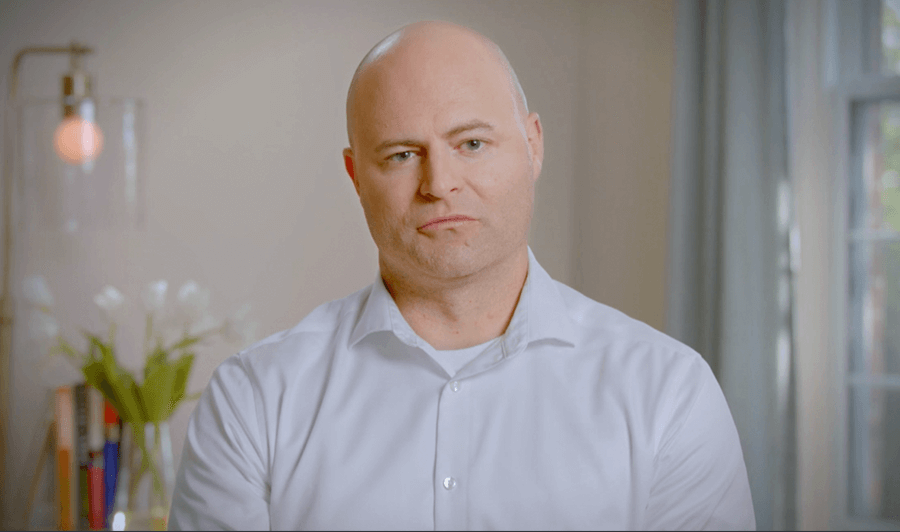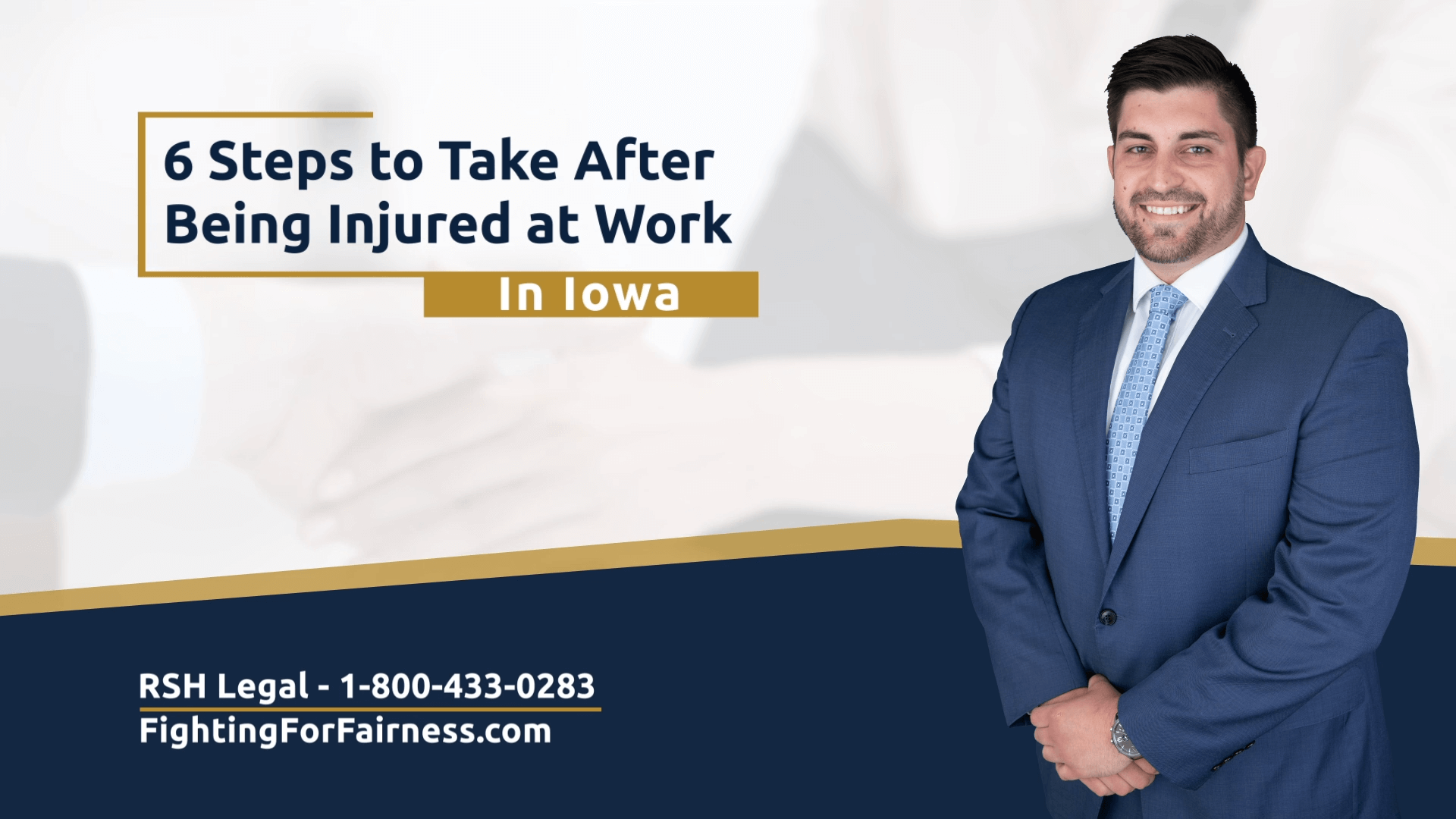
Iowa Workers’ Compensation Attorneys Reveal What Insurance Corporations Don’t Want You to Know
If you’re reading this, you’re probably looking for answers because you were injured at work and questioning if you need to hire an Iowa workers’ compensation attorney. Or you may be wondering if your employer’s workers compensation insurance corporation is treating you fairly. At RSH Legal, we have a variety of resources you can use to learn how to get fair Iowa work comp settlements.
Injured workers often have questions like:
- “Do I have to go to the company doctor?”
- “Can they rush me back to work before I’m healed?”
- “Do I really have to accept this small workers’ compensation settlement for a work injury that I will have to deal with for the rest of my life?”
Unfortunately, it’s not unusual for the workers’ compensation insurance companies to take advantage of injured workers instead of paying settlements quickly and fairly. Every day our workers’ compensation attorneys get calls from people being pushed around and cheated because they didn’t understand their rights in the Iowa workers’ compensation system.
We don’t think that’s right – not morally, ethically or legally.
After years of helping working people get fair treatment after injuries on the job – and fighting every sleazy insurance industry trick along the way – our law firm gathered all of our tips, strategies and warnings for injured workers into one publication – The Law Guide to Iowa Workers’ Compensation Claims.
Since 2007, RSH Legal has been providing this Law Guide for free to any injured worker who contacts our office. Thousands of copies later, we have published a new second edition with the latest Iowa workers’ comp information.
Our Law Guide to Iowa Workers’ Compensation Claims is straightforward and easy to read.
Inside, you will find:
- We reveal the costly mistakes injured workers make – and teach you how to avoid them.
- We expose the unfair strategies that workers’ compensation insurance companies use to cheat injured workers – so you will see them coming a mile away.
- We give clear instructions about how to make sure your work-related injury is properly documented – so your employer can’t deny your claim because of lack of notice.
- We give you a step-by-step system for finding the right workers’ compensation attorney for your case – we even give you some questions to ask when you get an attorney on the phone.
This is the same insider information we give to our own family members when they call us after a work injury. Thousands of the injured workers have used the Law Guide to Iowa Workers’ Compensation Claims to protect themselves after a work injury.
Armed with this practical, real-life information, you’ll be able to make the right decision about hiring a workers’ comp attorney for your case. If you decide you need a lawyer, we hope you’ll contact RSH Legal today for a free consultation.
Here is a sample of the comments we have received from grateful readers:
"Every injured worker should read this guide. It helped me understand my rights in the Iowa workers’ compensation system."
"I recommend this guide because it can help you decide what to do in order to get the best possible help for your work injury."
"This guide gave me the information I needed and the questions I needed to ask when I met with an attorney."
Get the legal guidance you need to protect yourself and the peace of mind that comes with knowing that you’re doing the right thing. Type your email address into the form on this page and we will quickly email you a download link to our FREE Law Guide to Iowa Workers’ Compensation Claims.
If you are unable to receive a digital copy of our guide by email, call us at 319-409-6575 to request your hard copy today.
Take care,

Tim Semelroth
Board-Certified Trial Attorney

Pressley Henningsen
AV-Rated Trial Attorney
A car came through the median and we were hit head on. Every bone in my body from my lower jaw down to the bottom of my feet was broken. My medical bills were in the hundreds of thousands of dollars. I can’t imagine going through something like this without someone like Tim or RSH Legal.
See more Client ReviewsClient Reviews









